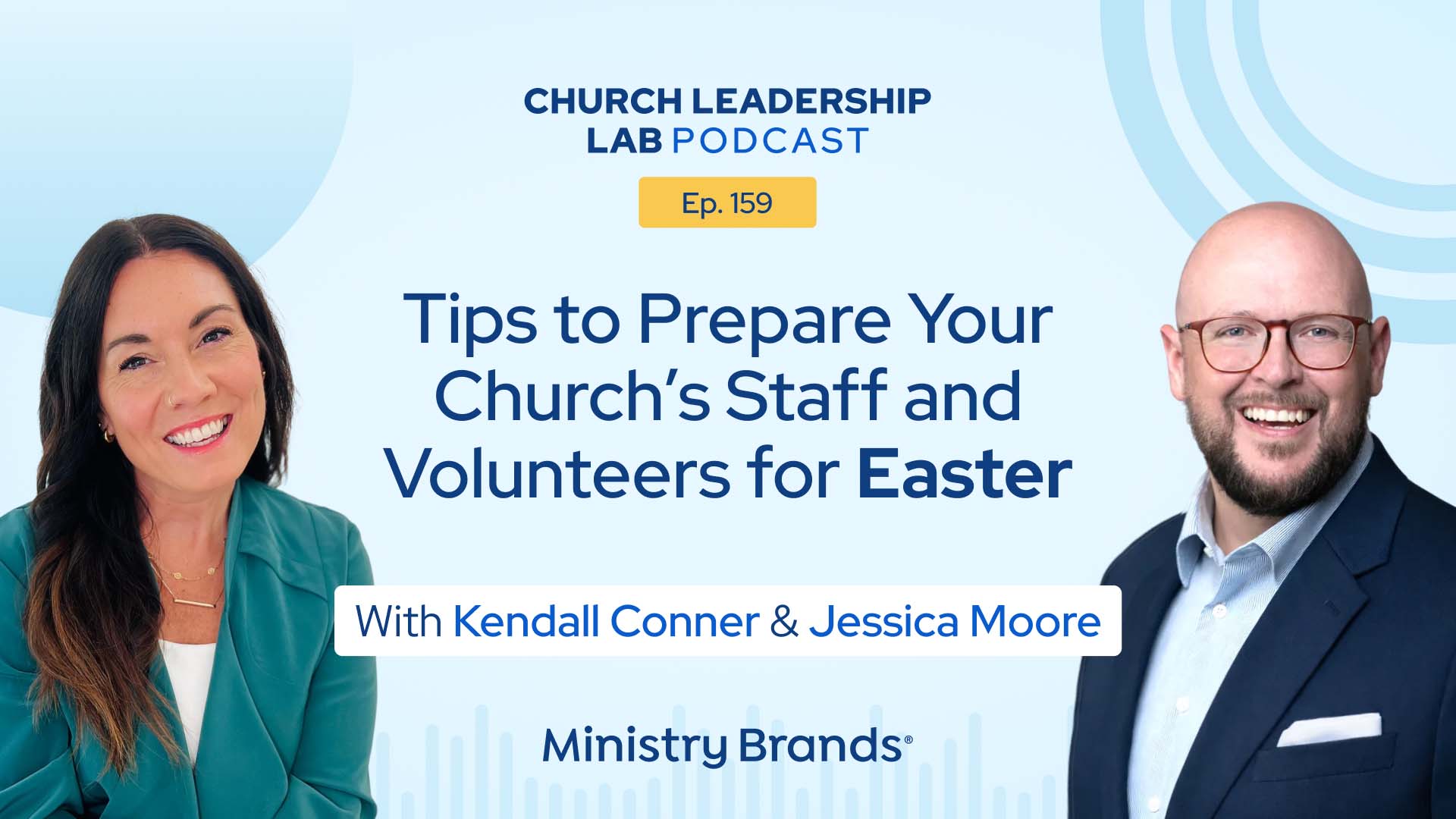5 Different Types Of Donors Nonprofits To Know
There are different kinds of donors, which are the different kinds of people and groups that give money or other things to help a nonprofit's goal. Knowing about these types of donors helps nonprofits tailor their funding efforts, make connections that last, and get the most donations necessary. Nonprofits are able to obtain long-term support by making successful engagement plans that take into account the different reasons and giving abilities of each type of donor.
The 5 different types of donors nonprofit to know are listed below.
- Corporate Donors: Companies and organizations that, frequently as part of corporate social responsibility (CSR) initiatives, provide money, services, or resources to nonprofit organizations. These donors offer programs that match gifts, sponsorships, or ways for employees to help.
- Individual Donors: These are regular people who give because they care about the cause or are interested in it. They give most of the money that nonprofits get, so keeping them involved and engaged is important for long-term success.
- Major Donors: Major Donors are wealthy people or businesses that give a lot of money to a group, often in ways that change it for the better. Their donations have a big effect on the programs and processes of nonprofits, so they need to be personally involved and stewarded.
- Foundation Donors: Foundation donors are either private or public organizations that give money and gifts to nonprofits through organized application processes. They choose organizations to support based on how well their missions match up with their goals and how much of an effect they are able to measure.
- Legacy Donors: Legacy donors are people who leave money to groups in their wills, estate plans, or trusts so that they can continue to receive money after they die. Legacy giving is a powerful way to make sure that an organization's goal remains viable for a long time.
1. Corporate Donors
Corporate donors are companies that give money, goods, or services to groups as part of their corporate social responsibility (CSR) efforts. They are important because they allow for large amounts of money, sponsorships, and in-kind gifts, which help a nonprofit stay in business. Corporate donations are made through partnerships, grant programs, and matching employee gifts. Businesses give by giving money directly, sponsoring events, or setting up programs for their employees to give. Donations that they use include money handouts, gifts of goods, and help from volunteers. For example, a technology corporation contributes computers to a school or provides funding for educational activities.
2. Individual Donors
Individual donors are people who give money, goods, or services to a nonprofit group because it fits with their values and interests. They are very important because they provide most of the money that nonprofits need. Together, their donations have a big effect. These donors give one-time gifts, regular payments, or money raised by other people. Individual donors give money through crowdfunding, online giving sites, or direct mail campaigns. They use cash gifts, gifts of goods, and service hours as forms of donations. One example is giving $50 a month to a food bank to help feed families who are in need.
3. Major Donors
Major donors are people or groups that give a nonprofit substantial quantities of money, frequently to support important projects or campaigns. They are important because they are able to give charities life-changing financial support that helps them grow, start new programs, or secure long-term funding. Donations usually come from their own money, gifts of stocks, or donor-advised funds. Major donors give money directly, through endowments, or through capital projects. They get donations in the form of planned gifts, big one-time gifts, and stock donations. One example is a generous person who gives $1 million to a hospital so that a new room for children is going to be built.
4. Foundation Donors
Foundation donors are private, family, or community foundations that use grants and organized giving schemes to provide money to nonprofit organizations. They are very important for helping nonprofits with projects that fit with their goal and continue for a long time. These gifts are given through application-based grants, in which groups send in requests for money. Donations from foundations come in the form of gifts, endowments, or matching funds. They get money from grants, restricted gifts, and endowments, among other types of donations. For example, the Bill & Melinda Gates Foundation gives money to projects that improve education and health around the world.
5. Legacy Donors
Legacy donors are people who leave money to groups in their wills, trusts, or estate plans so that the organizations can continue to work after they die. They're important because they help groups stay financially stable over time and have a lasting effect on causes they care about. Donations that last a lifetime are often made through planned giving methods like wills, trusts, or life insurance plans. Donors help by giving a nonprofit a legal right to a part of their property or money when they die. They get gifts in the form of bequests, annuities, and trust funds. For instance, an elderly person who helps an animal shelter leave some of their estate to pay for the animals' medical care after they are saved.
What Is The Most Common Type Of Donors?
The most common type of donors are individual donors, who give approximately 95% of all donations to nonprofits. Their regular one-time and recurring donations keep groups going by giving them steady money, which lets nonprofits keep doing their work. Individual donors, unlike corporate or foundation donors, give because they care. They usually become involved through online giving platforms, fundraising events, or direct pleas.
What Type Of Donor Commonly Donates To Nonprofits?
The type of donor that commonly donates to nonprofits is individual donors. They give most of the money through different types of generosity. Individual donors give money through membership programs, direct donations, and peer-to-peer fundraisers. Their kindness is very important for nonprofits, especially those that work in areas like healthcare, education, social services, and churches that need steady funding to make a difference.
What Are The Different Types Of Donations?
The different types of donations are recurring donations, one-time donations, in-kind donations, planned gifts, memorial donations, legacy donations, crypto donations, stock donations, and physical property donations. Donors are able to give in different types of donations, depending on the donor's financial situation and their objectives for the gift. Nonprofits depend on a mix of these types of donations to stay financially stable and reach more people.
How Is It Important To Engage With Donors?
It is very important to engage with donors because good relationships with donors lead to more long-term support and retention, which is necessary for making sure that relationships last and funding keeps coming in. Engaging donors through personalized messages, regular information on the organization's work, and efforts to recognize their support helps keep their interest and trust in the cause. Donors feel like they are part of a community when nonprofits actively involve donors. Donor engagement guide encourages donors to make repeat donations and builds stronger connections with the cause.
How Can Ministry Brands Assist Donors?
Ministry Brands can assist donors by giving churches and nonprofits digital giving platforms, engagement tools, and ways to handle donations. Ministry Brands services make it easy for people to give money in a number of ways, such as through mobile apps, text-to-give, and online giving. Ministry Brands helps nonprofits keep track of what their donors are doing, send automated thank-yous, and improve their engagement tactics so they are able to build long-lasting relationships with their donors.




